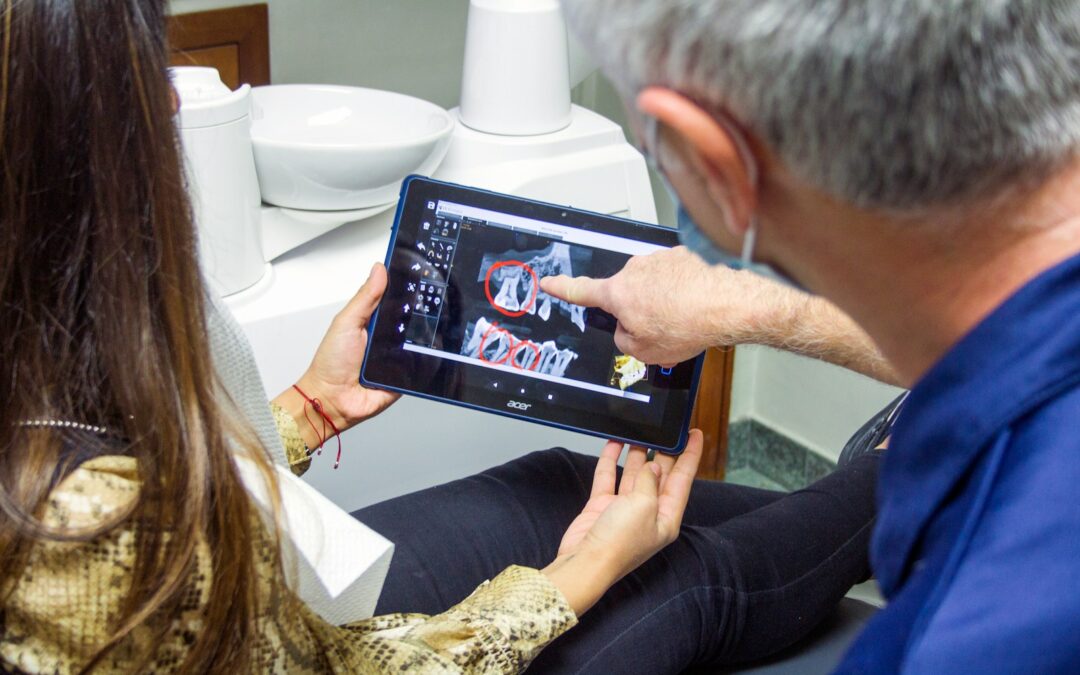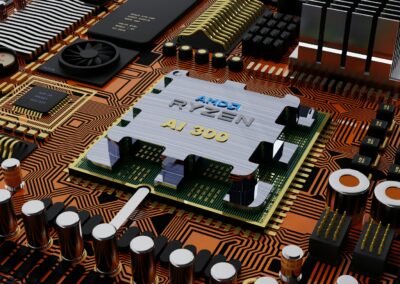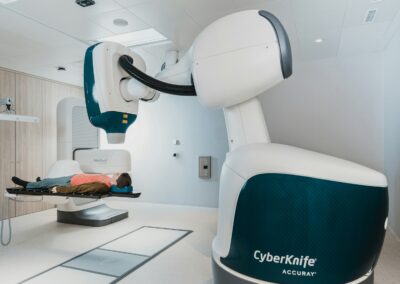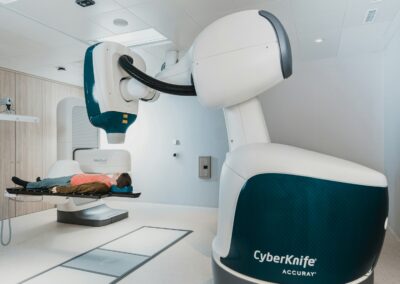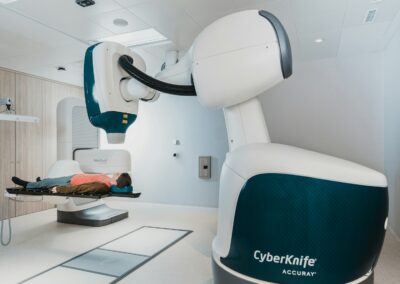Navigating the Complexities of Integrating AI into Diagnostics
Integrating AI into Diagnostics: Addressing Key Challenges
Integrating AI into diagnostics is transforming healthcare by enhancing the accuracy, speed, and efficiency of medical diagnoses. However, this integration presents several challenges that healthcare providers must navigate to fully realize the potential of AI technologies. In regions like Saudi Arabia and the UAE, where healthcare systems are rapidly advancing, addressing these challenges is crucial for maintaining the momentum of innovation and ensuring that AI-driven diagnostics deliver on their promise. The primary challenges include data quality and availability, the complexity of AI algorithms, and resistance to change within healthcare organizations.
Data quality and availability are fundamental to the success of AI in diagnostics. AI models require vast amounts of high-quality data to learn and make accurate predictions. However, in many healthcare systems, data is often fragmented, stored in different formats, or of inconsistent quality. This is particularly true in regions where healthcare infrastructure is still developing. In Saudi Arabia and the UAE, efforts are being made to standardize healthcare data and create integrated systems that ensure data consistency and accessibility. Overcoming this challenge requires investment in robust data management systems, collaboration between healthcare providers, and the establishment of data-sharing frameworks that protect patient privacy while enabling AI development.
The complexity of AI algorithms is another significant challenge in integrating AI into diagnostic processes. These algorithms are often seen as black boxes, producing outputs that are difficult for healthcare professionals to interpret. This lack of transparency can lead to mistrust and hesitation in adopting AI-driven solutions. To overcome this, it is essential to develop AI models that are not only accurate but also interpretable. In regions like Riyadh and Dubai, where there is a strong focus on digital transformation, the adoption of AI in diagnostics must be accompanied by efforts to educate healthcare professionals about how these technologies work. This can be achieved through training programs, workshops, and collaboration with AI experts who can demystify the technology and demonstrate its practical applications in patient care.
Strategies for Overcoming Challenges in AI Integration
Effective change management is critical to overcoming the challenges of integrating AI into diagnostics. In healthcare organizations, especially in regions like Saudi Arabia and the UAE, where traditional practices are deeply rooted, introducing new technologies can be met with resistance. Leaders must play a proactive role in guiding their teams through the transition, emphasizing the benefits of AI in improving diagnostic accuracy and patient outcomes. Executive coaching services can be instrumental in equipping healthcare leaders with the skills necessary to manage this change, fostering a culture of innovation and continuous improvement. By addressing concerns and demonstrating the tangible benefits of AI integration, leaders can build trust and support within their organizations.
Another important strategy is to ensure effective communication throughout the integration process. Healthcare professionals must be kept informed about the goals, benefits, and progress of AI integration efforts. This involves not only technical training but also creating channels for feedback and dialogue. In Riyadh and Dubai, where healthcare systems are becoming increasingly sophisticated, clear communication is essential to ensure that all stakeholders are aligned with the organization’s strategic objectives. This helps to mitigate resistance and ensures that AI technologies are used effectively to enhance diagnostic processes.
Collaboration is also key to overcoming the challenges of integrating AI into diagnostics. Healthcare providers, AI developers, and regulatory bodies must work together to create frameworks that support the safe and effective use of AI in healthcare. In regions like Saudi Arabia and the UAE, where governments are actively promoting digital transformation, there is an opportunity to develop regulatory frameworks that encourage innovation while ensuring patient safety. This collaborative approach can accelerate the adoption of AI technologies and ensure that they are implemented in a way that maximizes their benefits.
#AIInHealthcare #IntegratingAI #DiagnosticProcesses #HealthcareInnovation #BusinessSuccess #LeadershipInHealthcare #SaudiArabia #UAE #Riyadh #Dubai #DigitalTransformation

